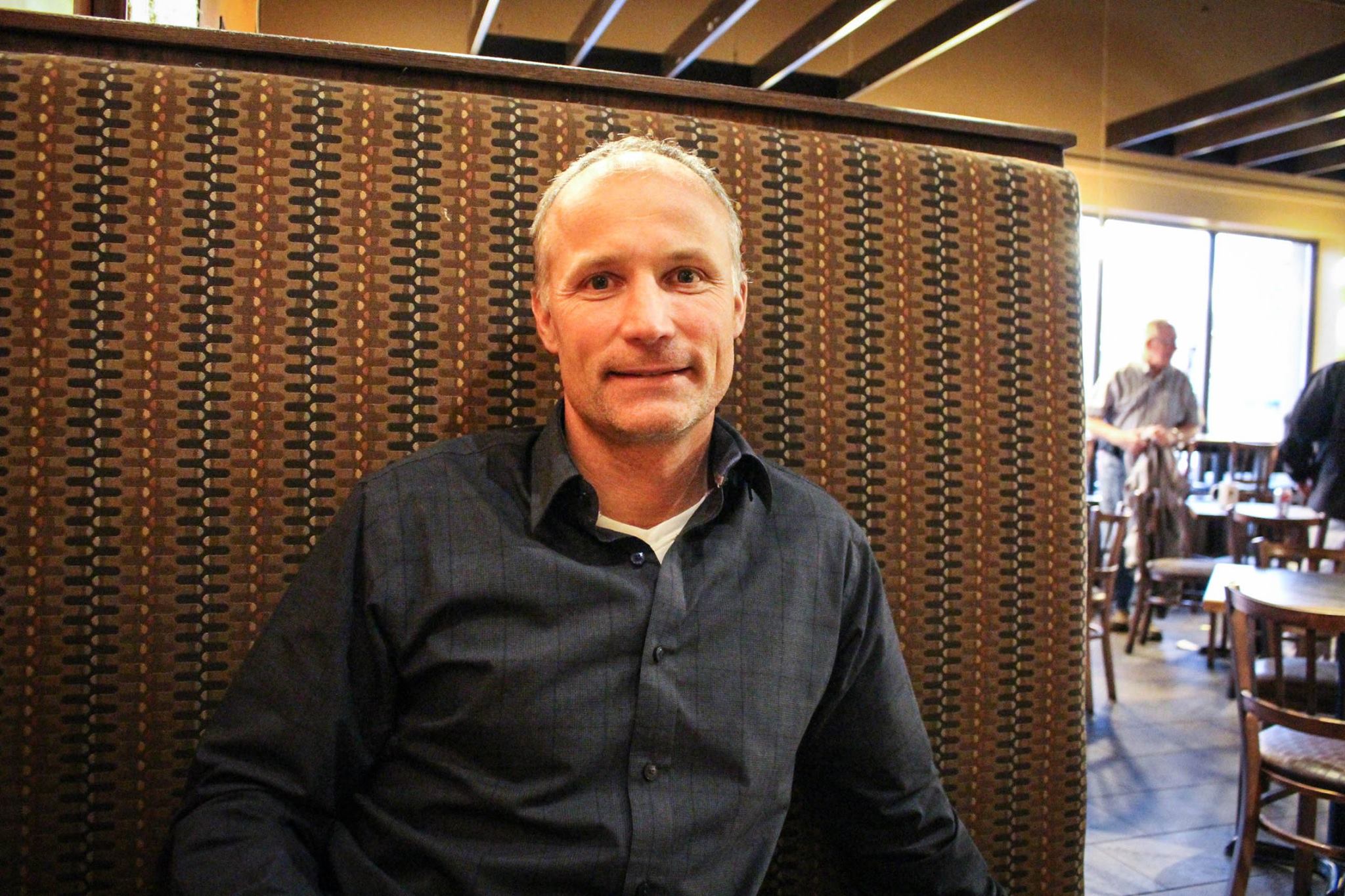Jamie Barkwell,
glioblastoma (brain) cancer.
Jamie Barkwell, glioblastoma (brain) cancer.
.jpg)
Amanda Maire Allard,
family caregiver.
Amanda Maire Allard, family caregiver.
 Marcus Popp,
Marcus Popp,
testicular cancer survivor.
- Marcus Popp, testicular cancer survivor.